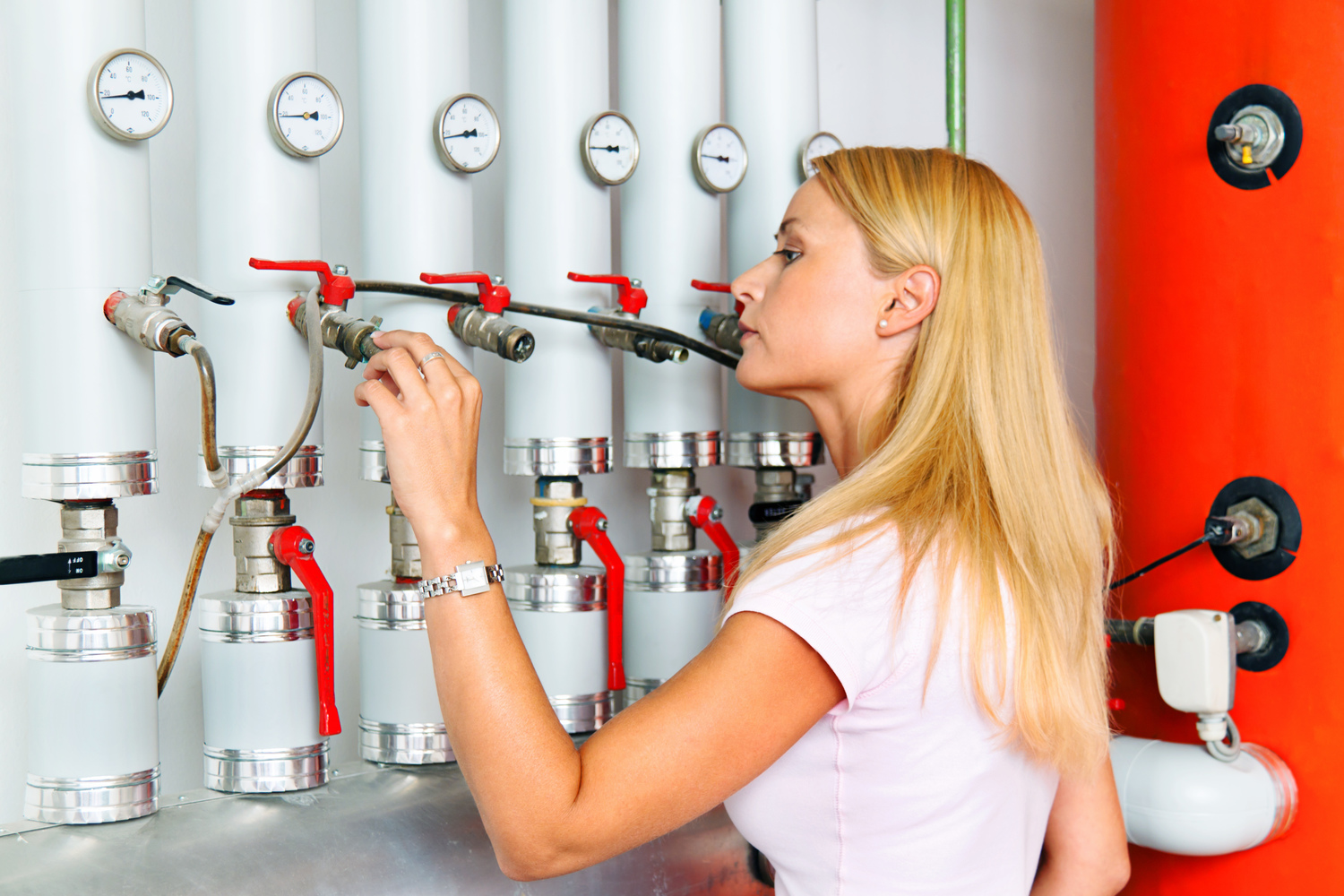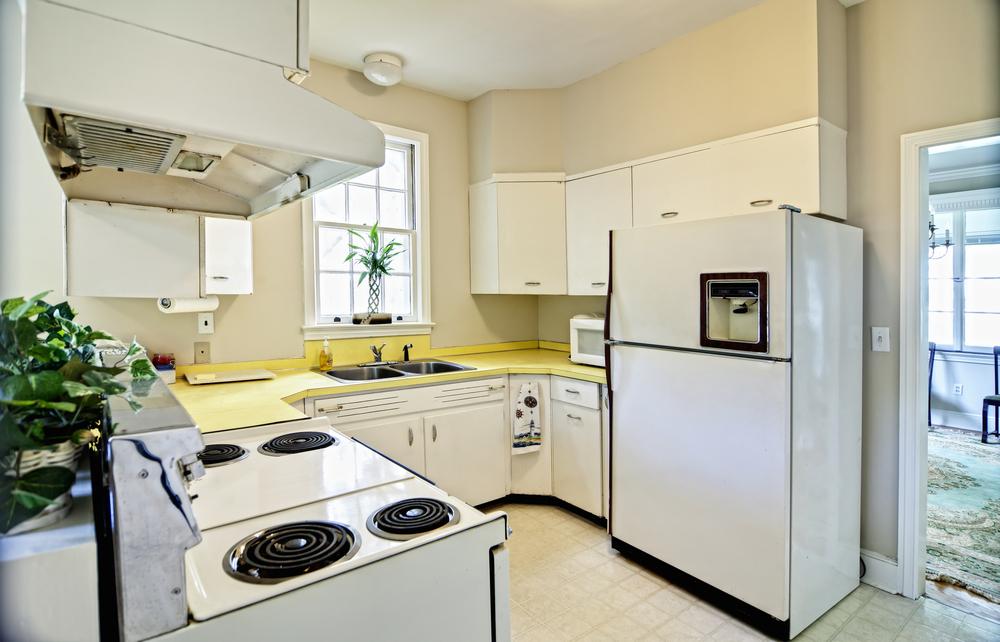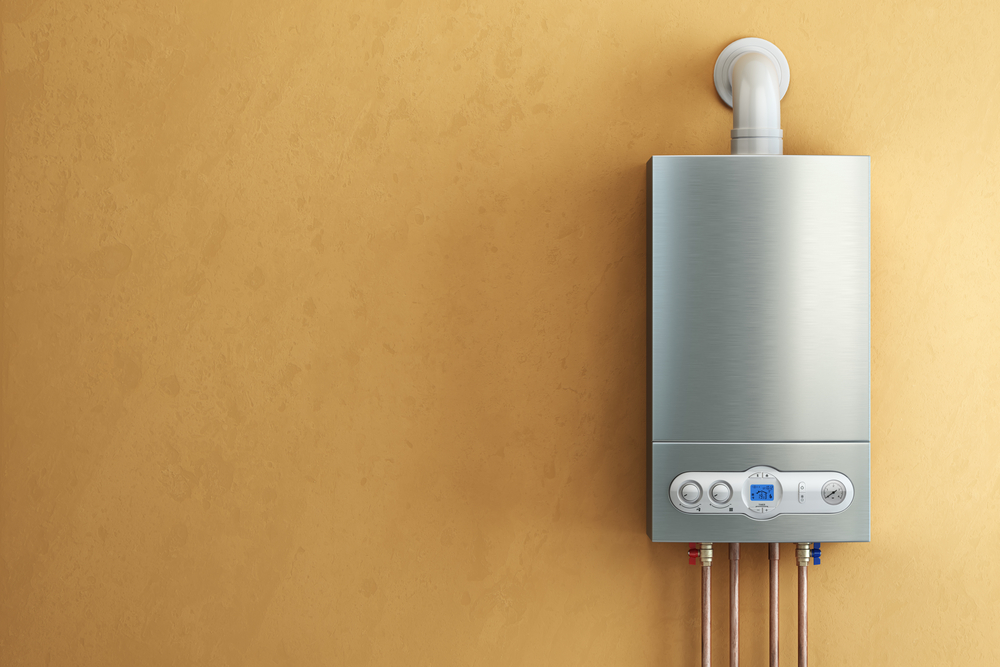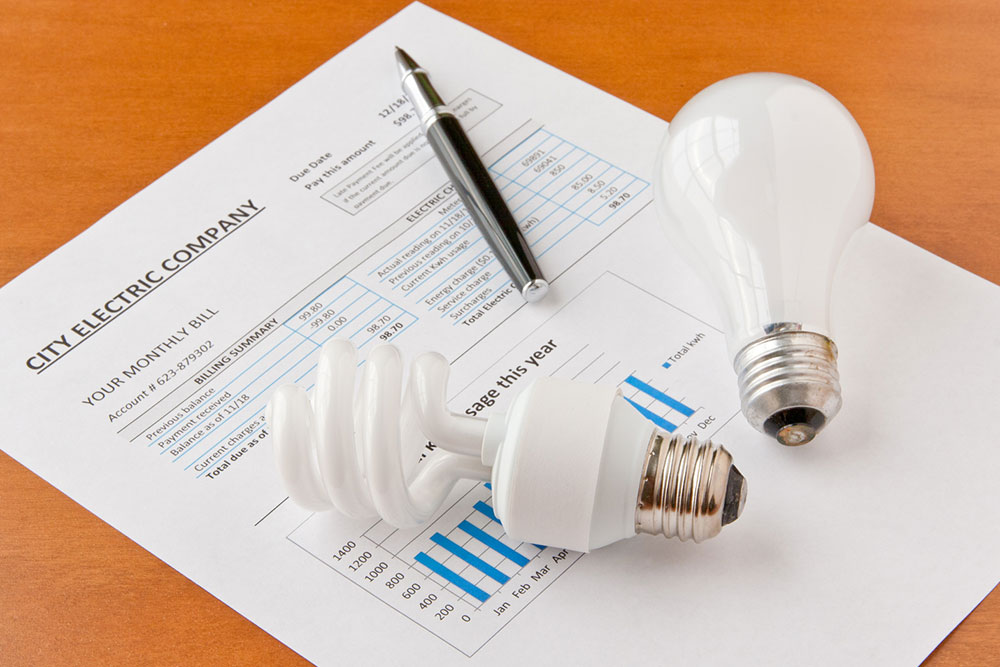Comprehensive Guide to Heat Pump Costs for UK Residential Homes
This comprehensive article delves into the costs associated with installing various types of heat pumps in UK homes. It covers initial expenses, annual operational costs, maintenance, government incentives, and the factors influencing total investment. With detailed cost breakdowns and insights, homeowners can better understand their options and make informed decisions to adopt sustainable heating systems. The guide emphasizes long-term savings, environmental benefits, and the importance of professional guidance for optimal results, making it an essential resource for eco-conscious homeowners considering heat pump technology.

Evaluating Heat Pump Expenses in the United Kingdom
As the UK moves toward more sustainable and eco-friendly heating solutions, heat pumps have increasingly become a popular choice among homeowners. These innovative devices tap into environmental sources such as air, ground, or water to generate heat for your home, providing warmth during winter and cooling during summer months. Transitioning to renewable energy sources is not only environmentally responsible but also beneficial in reducing long-term energy costs. In this extensive guide, we explore the various costs associated with installing different types of heat pumps across the UK, offering homeowners detailed insights to help make informed, cost-effective decisions.
Different Types of Heat Pumps
1. Air Source Heat Pumps (ASHP)
- Harvest heat from outside air and deliver it indoors for heating purposes.
- Typically, the most affordable and straightforward to install among heat pump options.
2. Ground Source Heat Pumps (GSHP)
- Utilize underground piping systems to absorb geothermal heat.
- Usually entail higher upfront costs due to the need for excavation and groundworks.
3. Water Source Heat Pumps (WSHP)
- Draw heat from nearby bodies of water such as lakes, ponds, or rivers.
- Less common, as they depend on the availability and accessibility of water sources.
4. Hybrid Heat Pumps
- Combine air source technology with traditional boilers to optimize efficiency and provide flexibility.
- Suitable for homes seeking to balance initial investment with operational savings.
Initial Installation Costs
Air Source Heat Pumps: £7,000 – £14,000
- Breakdown: Equipment (£4,000–£10,000), Installation (£3,000–£4,000)
Ground Source Heat Pumps: £10,000 – £18,000
- Breakdown: Equipment (£6,000–£10,000), Installation (£4,000–£8,000)
Water Source Heat Pumps: £10,000 – £20,000
- Breakdown: Equipment (£6,000–£12,000), Installation (£4,000–£8,000)
Hybrid Systems: £6,000 – £10,000
- Breakdown: Equipment (£3,000–£7,000), Installation (£3,000–£4,000)
Operational Costs
The annual running costs of heat pump systems vary depending on the type, system efficiency, home size, and energy consumption. Typical expenses include:
Air Source Heat Pumps: £600 – £1,200 per year
Ground Source Heat Pumps: £500 – £1,000 per year
Water Source Heat Pumps: £500 – £1,000 per year
Hybrid Systems: £600 – £1,000 per year
Costs fluctuate based on energy prices and how well the property is insulated. Proper insulation can significantly lower operating expenses, making heat pumps even more economical over time.
Maintenance and Service Costs
To ensure the longevity and optimal performance of heat pump systems, regular maintenance is essential. Typical maintenance costs include:
Annual system checks: £100 – £200
Major servicing (every 5 years): £300 – £500
Many service providers offer maintenance plans that distribute these costs over time and help maintain system reliability, ensuring continued efficiency and avoiding costly repairs.
Government Incentives and Financial Support in the UK
The UK government actively promotes renewable heating technologies through various financial incentives designed to lower the overall investment burden for homeowners. These include:
Renewable Heat Incentive (RHI): Offers quarterly payments for seven years, generally ranging from £1,000 to £2,000 annually, depending on system size and household heat demand. This scheme encourages adoption by providing ongoing financial support, significantly improving return on investment.
Green Homes Grant: Previously available to help homeowners offset installation costs, although currently paused, it may reopen in the future as part of government efforts to encourage sustainable home upgrades.
Understanding and leveraging these incentives can make transitioning to heat pumps more affordable, accelerating the shift towards greener heating solutions across the UK.
Factors Influencing Heat Pump Costs
Several critical factors impact the overall expenses involved in installing and maintaining heat pump systems:
Property Size and Type: Larger homes with higher heat demands require more powerful and sometimes multiple units, increasing upfront and operational costs.
System Efficiency and Technology: Advanced, high-efficiency systems cost more initially but offer lower operating expenses over time, balancing out initial investments.
Existing Heating Infrastructure: Compatibility with current heating systems or the need for upgrades can add to installation costs.
Home Insulation Quality: Better insulation reduces energy consumption, making heat pumps more effective and reducing operational costs.
Site Conditions and Location: Groundworks, land accessibility, and water body availability influence installation complexities and costs for ground or water source systems.
Ultimately, choosing the right heat pump system involves assessing these factors carefully and consulting with qualified professionals to ensure optimal performance and cost savings.Investing in heat pumps is a proactive step toward sustainable living. While the initial costs are notable, government incentives and lower ongoing expenses present a compelling case for their long-term economic and environmental benefits. Proper planning, property assessment, and expert advice are essential to maximize advantages and achieve energy-efficient, eco-friendly heating solutions tailored to your home’s unique needs.





